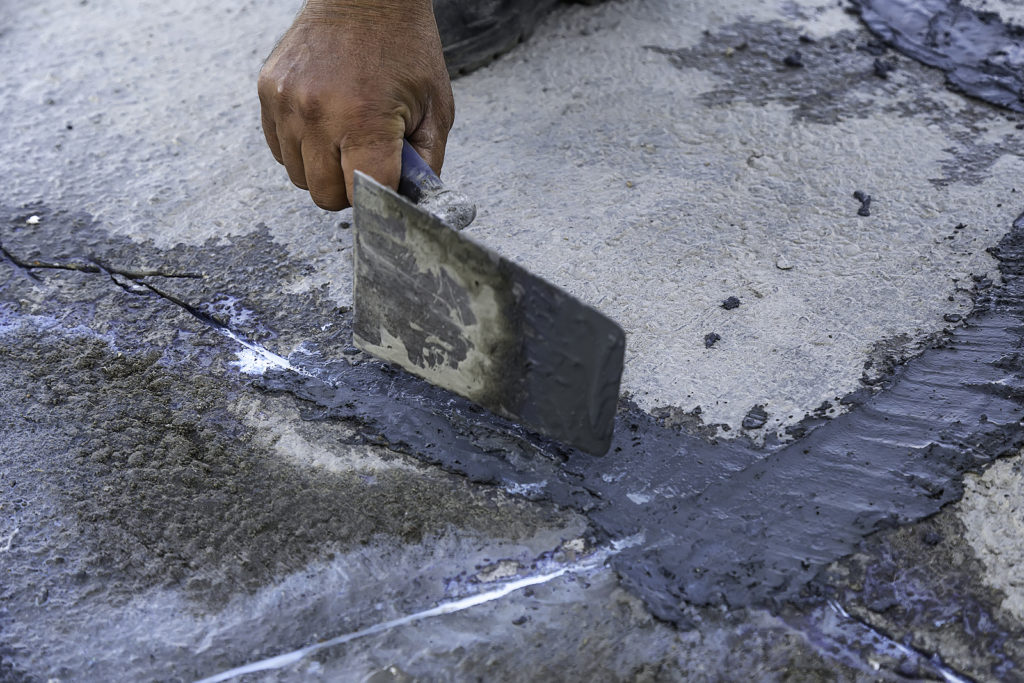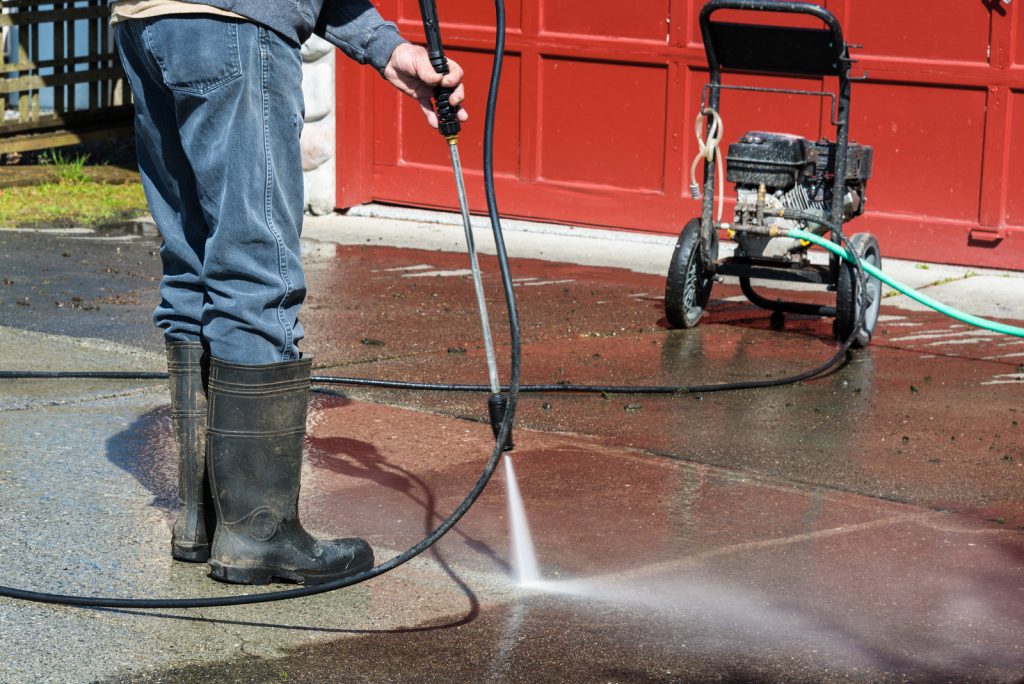The concrete in and around your home plays an important role in your property’s curb appeal, and therefore, it’s resale value. If your driveway, sidewalks, stoops, and patios are paved with concrete, but starting to show signs of damage, it is wise to resolve concrete issues before they can take a turn for the worst. Overtime, minor concrete damage evolves into major damages, which can cost you a lot of time and money to repair. So, to abate concrete wear and tear, be sure to address minor concrete damage such as cracks as soon as they form.
Continue reading to learn which products and supplies you need, as well as how to repair concrete cracks, both working and non-working.

What You Need to Repair Concrete Cracks
The most common and recommended products for repairing concrete cracks include vinyl concrete patchers, concrete patching compounds, polymer modified structural repair fillers, and advanced polymer concrete crack sealants. You can find all of these products online or at your local home improvement store. There are many brands to choose from, but a popular choice for all is Quikrete. Always be sure to clean concrete thoroughly and remove any debris prior to applying any of these products.
Working and Non-Working Cracks
Before you start applying products all over the place, you must first identify the type of cracks you are repairing. Concrete cracks are either working cracks or non-working cracks, which are also referred to as moving and non-moving.
► Working Cracks in Concrete – Working cracks form deep and wide, or have one side that is taller than the other. These cracks continue to grow larger and threaten other nearby structures. To repair working cracks, apply an advanced polymer concrete crack sealant.
► Non-Working Cracks in Concrete – Non-working cracks do not change, nor seem to pose a threat to any nearby structures. They appear in the form of thin, shallow crevices in pavement. If a non-working crack is more than a ½ inch in depth, use a polymer modified structural repair filler.
Other Types of Concrete Damage
Aside from working and non-working cracks, it is important to identify any other types of concrete damage before getting started with your repairs. Look for shallow divots or chips, as these will require a different type of concrete repair product than moving and non-moving cracks. In fact, to repair these kinds of trivial concrete damages, you will need to use a vinyl concrete patcher or patching compound. You will also need a trowel to apply these products smoothly.
Do you need some professional concrete repair for your home or business? Contact Restoration By L & B, LLC at 317-454-3612 for affordable concrete services in Indianapolis, Indiana. We serve residential and commercial clients at the most competitive prices around.
You Might Also Like:
What You Can Do to Improve a Concrete Pool Deck
Why You Should Choose Stamped Concrete to Raise Your Property Value
How to Clean Concrete Mildew



